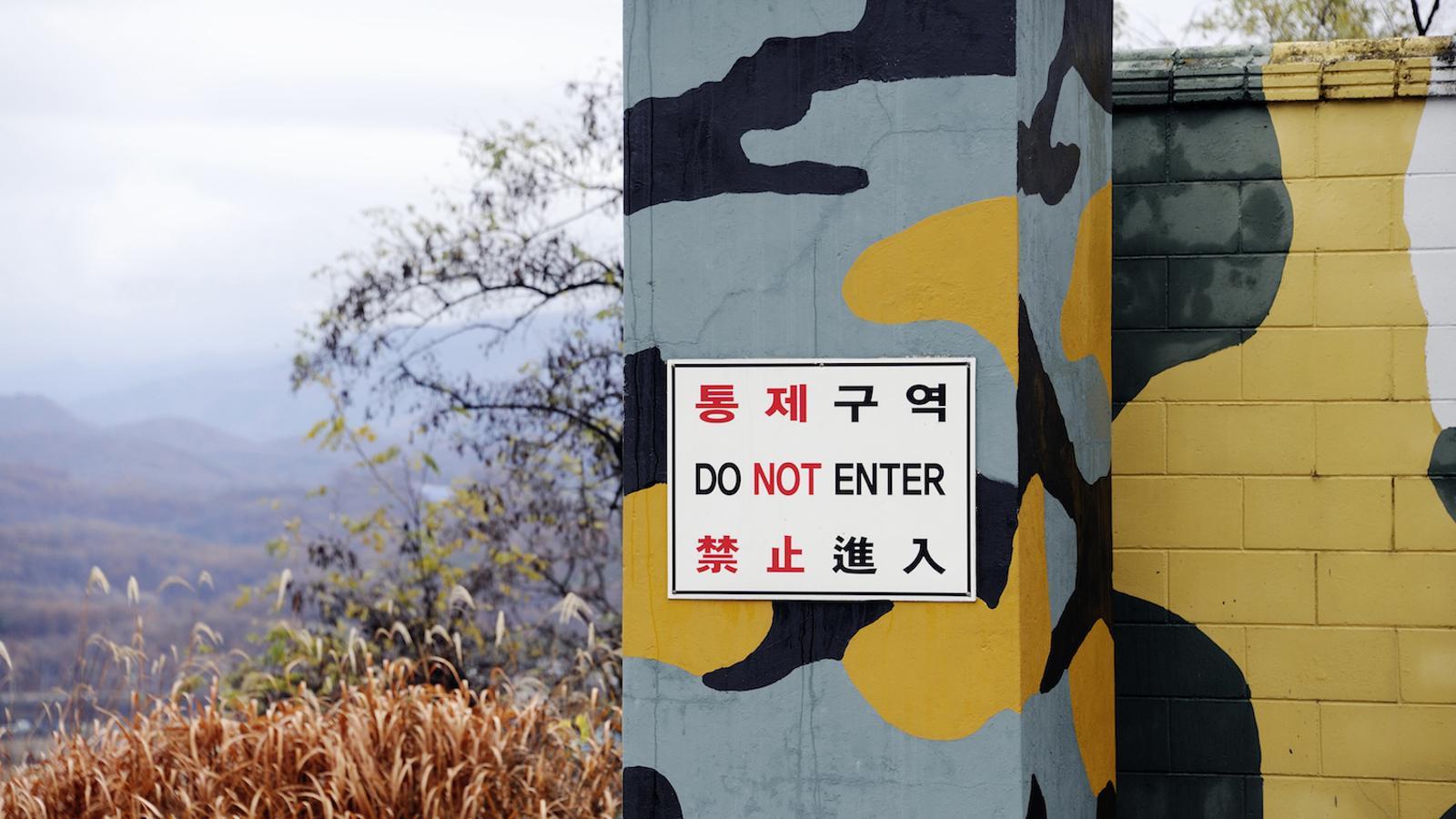Executions for watching foreign films increase in North Korea
A UN report warns that Kim Jong-un's regime is the most repressive in the world.


BarcelonaSitting down to watch your favorite movie or sharing it with your loved ones can be a crime punishable by death in North Korea. This is one of the conclusions of a report published today by the UN Human Rights Office, which explains that the North Korean government is increasingly applying the death penalty against citizens accused of watching and sharing foreign audiovisual content.
It's just one of the forms it takes. the excessive repression in this dictatorship, which, the report confirms, is the most restrictive in the world. "No other population is under these restrictions in the world today," it concludes. The report covers the period from 2014 to May 2025 and is based on more than 300 interviews with witnesses and victims who have fled the country due to the erosion of freedoms. During this period, the dictatorship has tightened its control over "all aspects of citizens' lives."
New technologies have made this control more exhaustive and widespread. Technological surveillance allows for unannounced home inspections, while laws have become more punitive in punishing crimes. The persecution is carried out through a special force, Group 109, which searches and seizes computers, telephones, and televisions in search of "anti-socialist materials."
Under the demonization of culture, Kim Jong-un's regime The North Korean government has enacted laws such as the 2020 Law on the Rejection of Reactionary Thought and Culture, which criminalize access to and dissemination of foreign media—books, music, films, television series, and even language that doesn't fit with North Korea's socialist ideology. These laws carry very severe penalties, including the death penalty.
In fact, the death penalty has been widely extended to all types of crimes since 2015, and is defined in at least six laws. Many executions are carried out in public to instill fear and discourage the temptation to consume foreign content, and are usually carried out by firing squad after summary trials without due process.
Forced labor and political prisoners
Another point highlighted in the report is the issue of political prisoner and forced labor camps. Hundreds of thousands of people remain missing, and the fate of these camps is unknown, including foreign nationals kidnapped from South Korea, Japan, and other countries. According to the report, forced labor is an institutionalized mechanism that affects various population groups, such as prisoners, but also groups of poor young people and children. They are often forced to perform extreme physical labor—such as paving roads, cutting down trees, farming fields, or working in factories—in unsanitary conditions and with malnutrition. Children, especially orphans, are often sent to work in coal mines and other highly dangerous environments. All of this serves to boost the economy of this isolated regime while increasing control over the population.
At the same time, the UN confirms the existence of prison camps, although the regime continues to deny it. People accused of political crimes, such as reading foreign media or practicing banned religions, are sent there. Even the relatives of people accused of crimes may be sent there. Regarding the conditions, the testimonies in the report speak of mass starvation, summary executions, grueling labor, and constant deaths.
